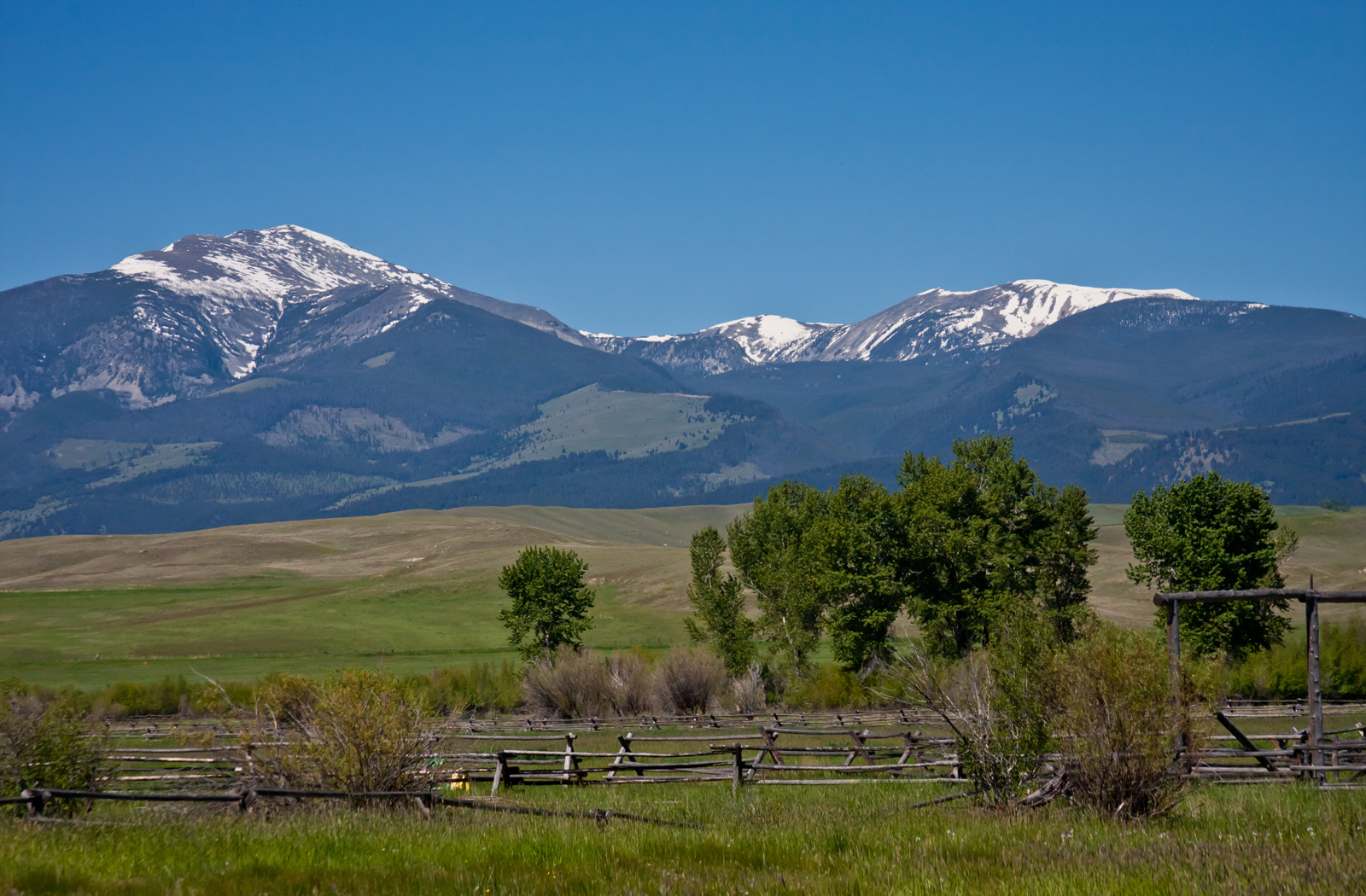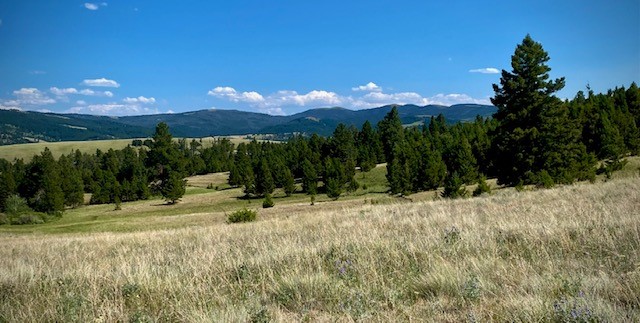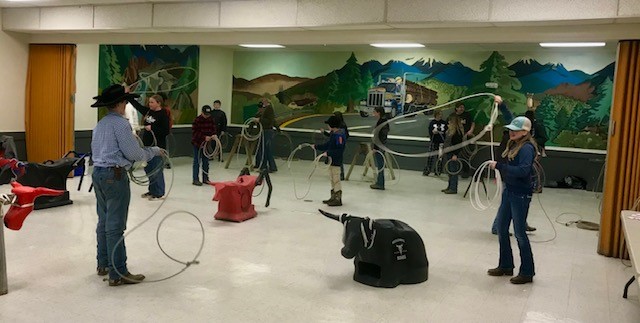
Powell County
Welcome to Powell County, Montana
Published: 2021By Bo Walker
Road Management and Elk Distribution on the Spotted Dog Wildlife Management Area
Published: 2021By Bo Walker
Overwintering elk populations on the SDWMA range between 1,300 – 1,700 elk each year. As such, conflict with private landowners in the area is high and may be exacerbated by increased human vehicle and foot traffic along the Spotted Dog Road. In order to help Powell County Commissioners make informed decisions about the management of the Spotted Dog Road, Powell County MSU Extension has created a stakeholder group composed of local landowners, sportsmen associations, and other non-governmental associations who will participate in a collaborative research process in partnership with MSU and MTFWP scientists.
The goal of the research project is to understand how management of the Spotted Dog Road will impact elk distribution across the SDWMA and adjacent private lands. The study will use a combination of camera traps and GPS collars to track elk movement on and around the SDWMA with both a seasonal road closure from September 1 – May 15 and no seasonal closure on the Spotted Dog Road. Vehicle and foot traffic along the Spotted Dog Road will also be tracked. The study is scheduled to begin in September of 2022 and conclude in the summer of 2026, pending funding. Two years of seasonal road closures versus two years of no seasonal road closures will be used to better understand how traffic on the Spotted Dog Road impacts local elk distribution across both public and private lands in the area. This research project presents an opportunity for Powell County MSU Extension to build stronger relationships with local stakeholders, via the collaborative research process, and in the pursuit of utilizing science as a tool to make informed management decisions regarding the Spotted Dog Road. The results of this study will help inform Powell County Commissioners how management of the Spotted Dog Road impacts both local elk populations and local producers, and will be used to help determine how to manage the road moving forward.
4-H Working Ranch Horse Project Comes to Powell County
Published: 2021By Bo Walker
4-H’ers enrolled in the Working Ranch Horse Project attended two practices per month where they practiced the skills and techniques required to safely handle livestock from horseback. This year, the Working Ranch Horse Project hosted a number of guest speakers who offered workshops on ferrying and horse hoof care, proper rope building and maintenance, sorting and cutting livestock training, and horse health and vaccination schedules. Of the 11 4-H’ers who participated in the Working Ranch Horse Project, 11 completed level one of the project and seven completed at least two levels. Thanks to the initial success of the program, several 4-H’ers have already enrolled in the Working Ranch Horse Project for the 2021-2022 4-H year, indicating that this traditional method of livestock handling will continue to be preserved by the next generation of Powell County ranchers.




